Opposition Faces Nominations Crisis Ahead of By-Elections
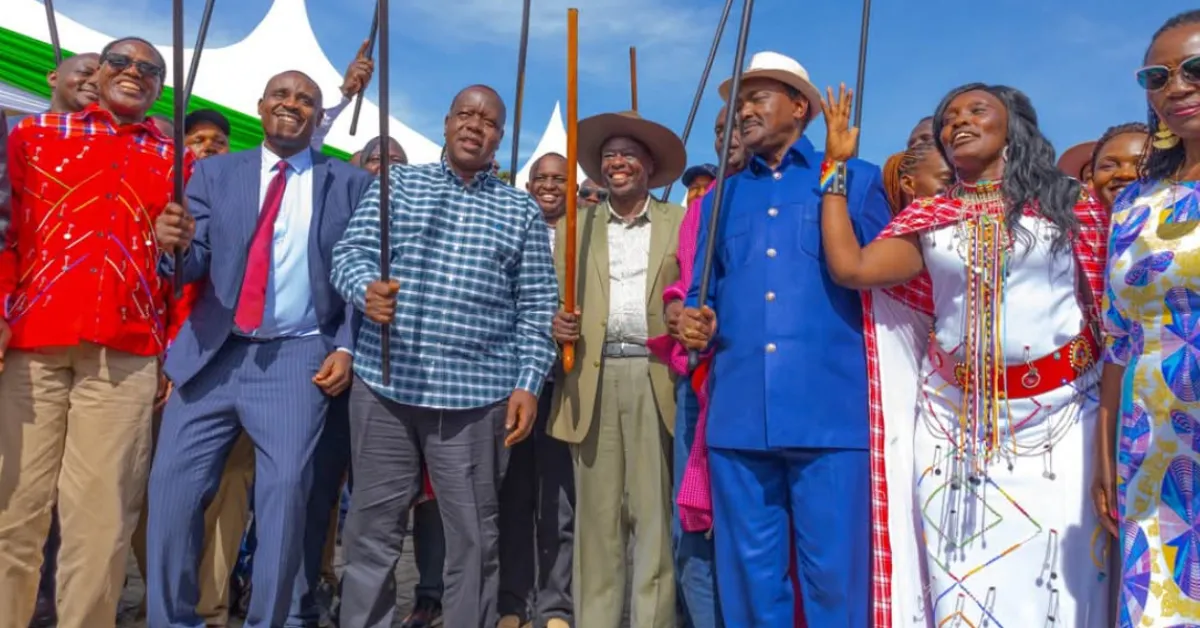
Kenya’s opposition is grappling with internal divisions as it prepares for 23 upcoming by-elections, a critical test of its ability to present a united front against President William Ruto’s Kenya Kwanza administration ahead of the 2027 General Election.
Despite public pledges of collaboration, early conflicts signal that achieving genuine unity remains a significant challenge. The Independent Electoral and Boundaries Commission (IEBC) has announced the by-elections, which include six vacant seats in the National Assembly and one in the Senate. Key constituencies include Magarini, Banissa, Ugunja, Malava, Mbeere North, and Kasipul, along with the Baringo Senate seat.
These contests are viewed as crucial indicators of the opposition's capacity to coordinate effectively and mount a cohesive challenge to the ruling coalition. The opposition's renewed push for unity centres on an informal coalition, dubbed the "United Opposition," spearheaded by former Deputy President Rigathi Gachagua and Wiper Party leader Kalonzo Musyoka.
They are joined by prominent figures such as Martha Karua of the People’s Liberation Party (PLP) and Eugene Wamalwa of the Democratic Action Party of Kenya (DAP-K), who have publicly committed to fielding joint candidates and implementing a unified nationwide campaign strategy.
Wamalwa emphasised the opposition’s resolve, saying, "We will field joint candidates and will whip this government from Banissa in Mandera to Malava in Kakamega."
However, the reality on the ground reveals fractures in this united front, with competing interests undermining the coalition's stated goals. In Malava, DAP-K and Gachagua’s Democracy for the Citizens Party (DCP) are supporting rival candidates. Cleophas Malala, DCP’s Deputy Leader, has announced Edgar Busiega as their candidate, while DAP-K is backing Seth Panyako, a former nurses’ union chief.
A similar situation unfolds in Mbeere North, where the seat became vacant following Geoffrey Ruku’s appointment as Cabinet Secretary for Public Service. Ruku was elected on a Democratic Party (DP) ticket, and the party, now led by former National Assembly Speaker Justin Muturi, insists on retaining the seat. DCP, Jubilee, and PLP, all with strong ties to the Mt Kenya region, have also expressed intentions to field their own candidates, casting doubt on the feasibility of a unified approach.
DP Secretary-General Jacob Haji has dismissed any suggestions of compromise, asserting, “We shall field a candidate in Mbeere North and have no intention of ceding ground for DCP or any other party.”
Haji added that discussions with Musyoka and Wamalwa have affirmed DP’s stance, further complicating the coalition's calculations. Behind the scenes, sources involved in coalition-building report increasing unease among party operatives and aspirants. Concerns are growing that grassroots favourites may be overlooked in favour of politically negotiated candidates, a situation reminiscent of the troubled Azimio la Umoja nominations in 2022.
These nominations resulted in defections, independent candidacies, and internal divisions, ultimately weakening the opposition’s electoral performance. One opposition insider cautioned, "If not handled transparently, it could fracture the unity even before it fully takes root."
Despite these challenges, opposition leaders remain publicly optimistic. They have urged the IEBC to expedite the by-election roadmap and frame the contests as a referendum on the current administration. Wamalwa stated, "If you want to know Kenya Kwanza is a one-term administration, wait for the results of the by-elections."
Preparations for the 2027 elections are also underway, with a technical team reportedly developing a comprehensive plan to field candidates from the presidential level down to ward representatives. Proposed names for the new alliance have been submitted to the Office of the Registrar of Political Parties, and a manifesto centred on reform and citizen engagement is being developed.
While the opposition aims to emulate the success of the 2002 National Rainbow Coalition (NARC), the path to unity is proving intricate.


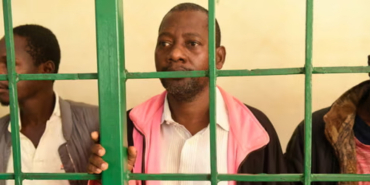
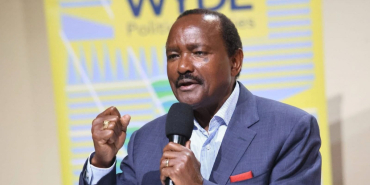
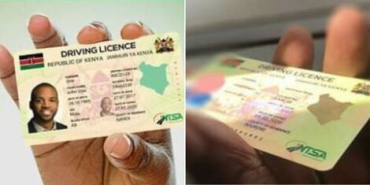
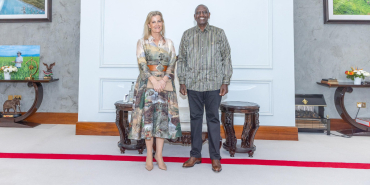
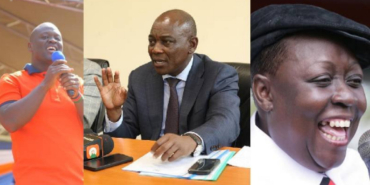
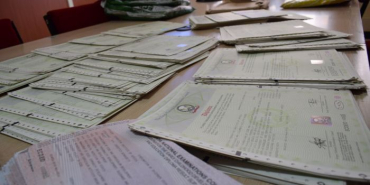

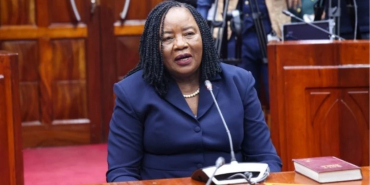




Add new comment